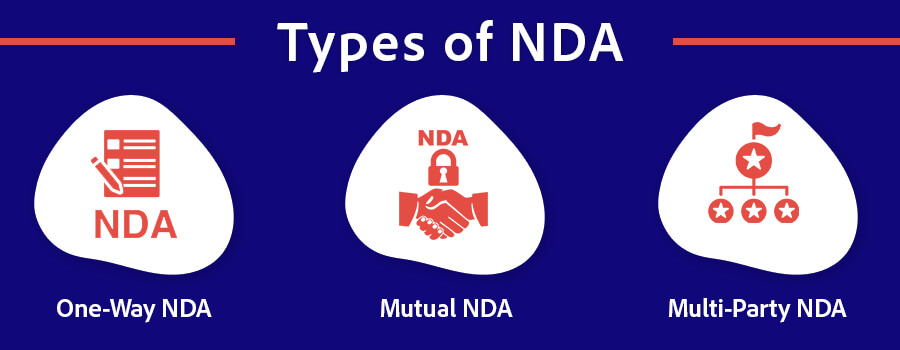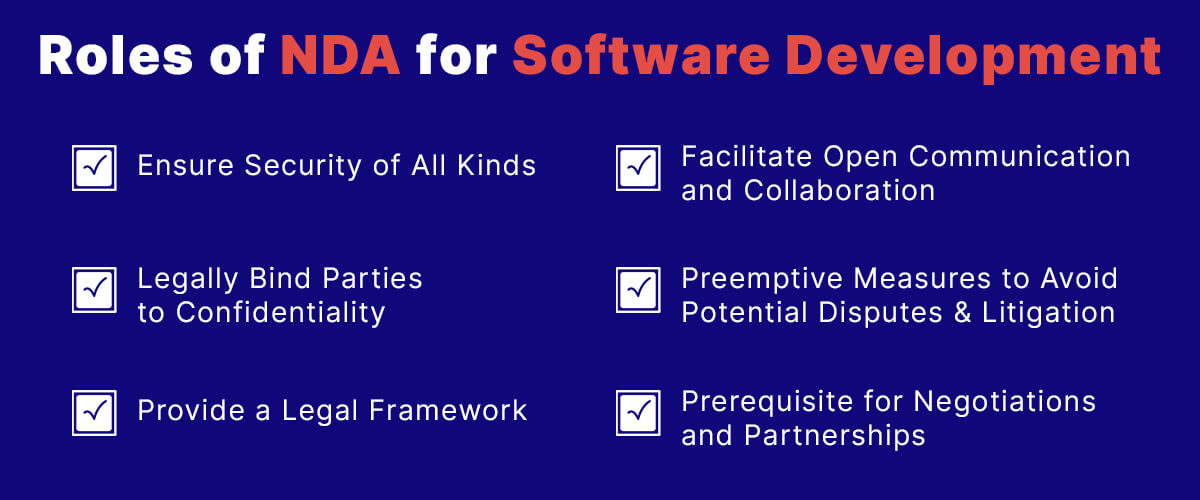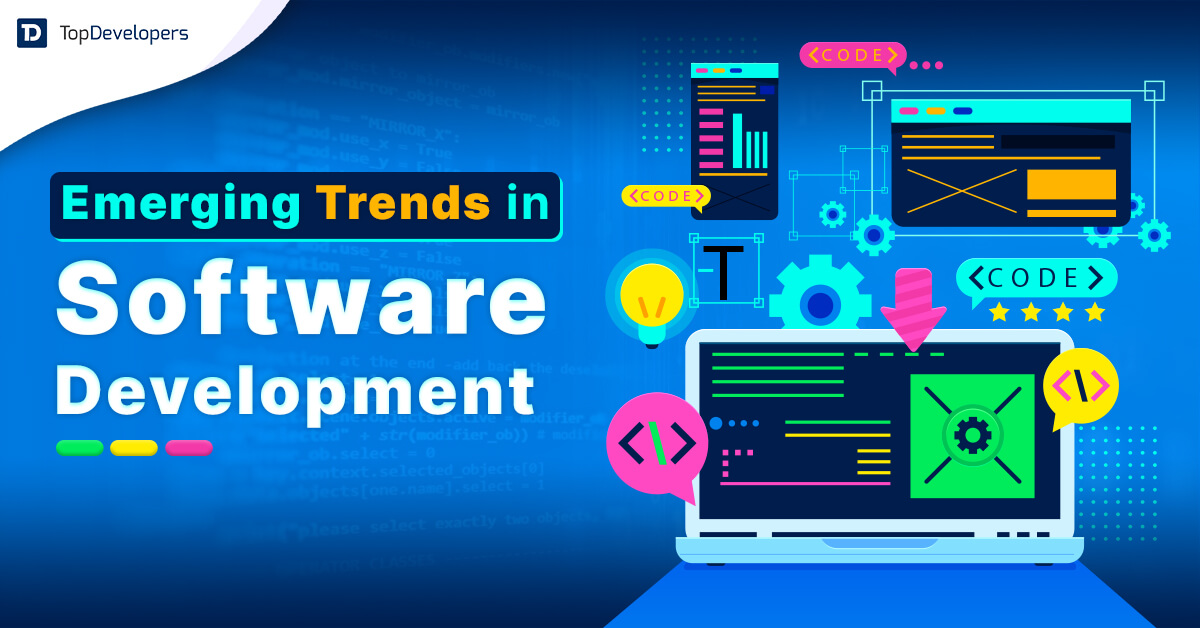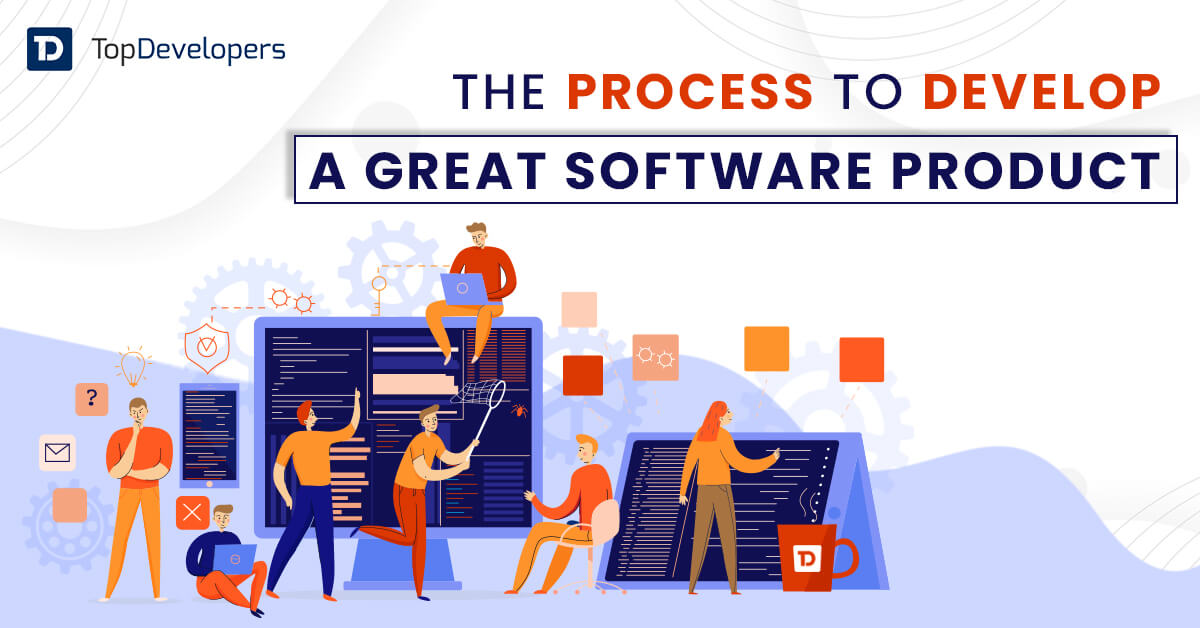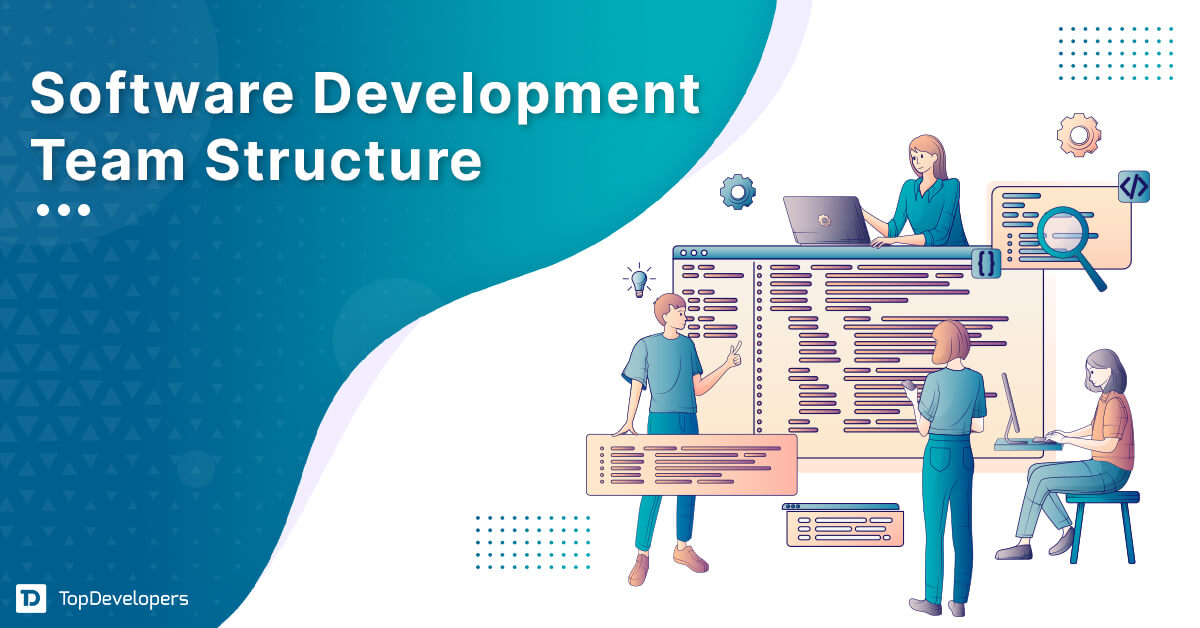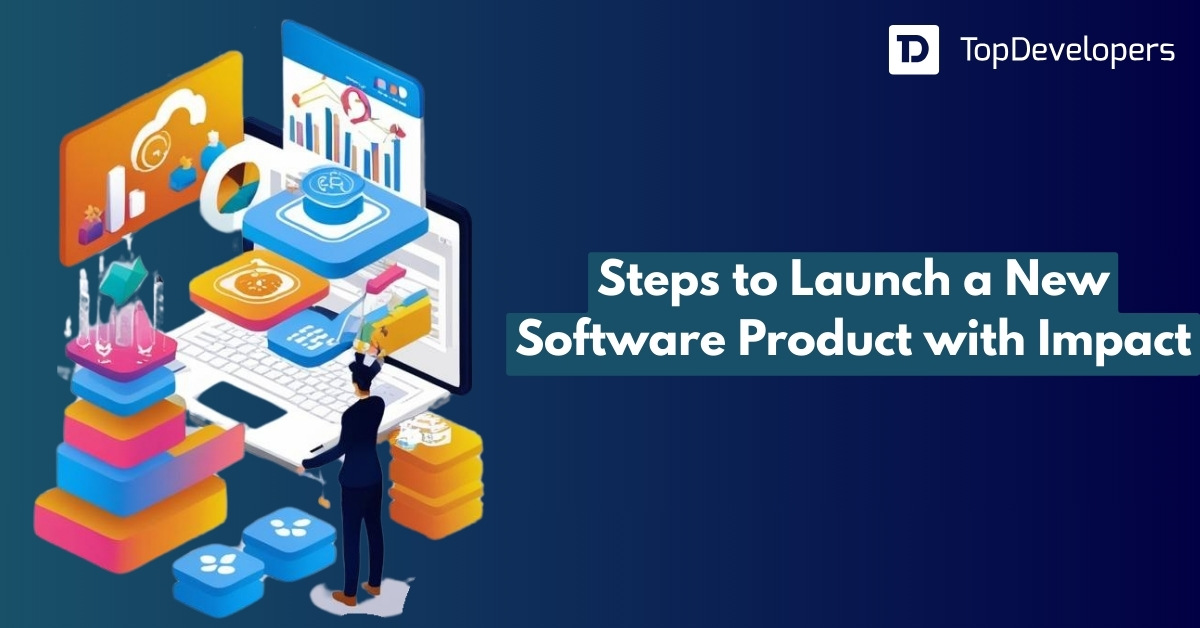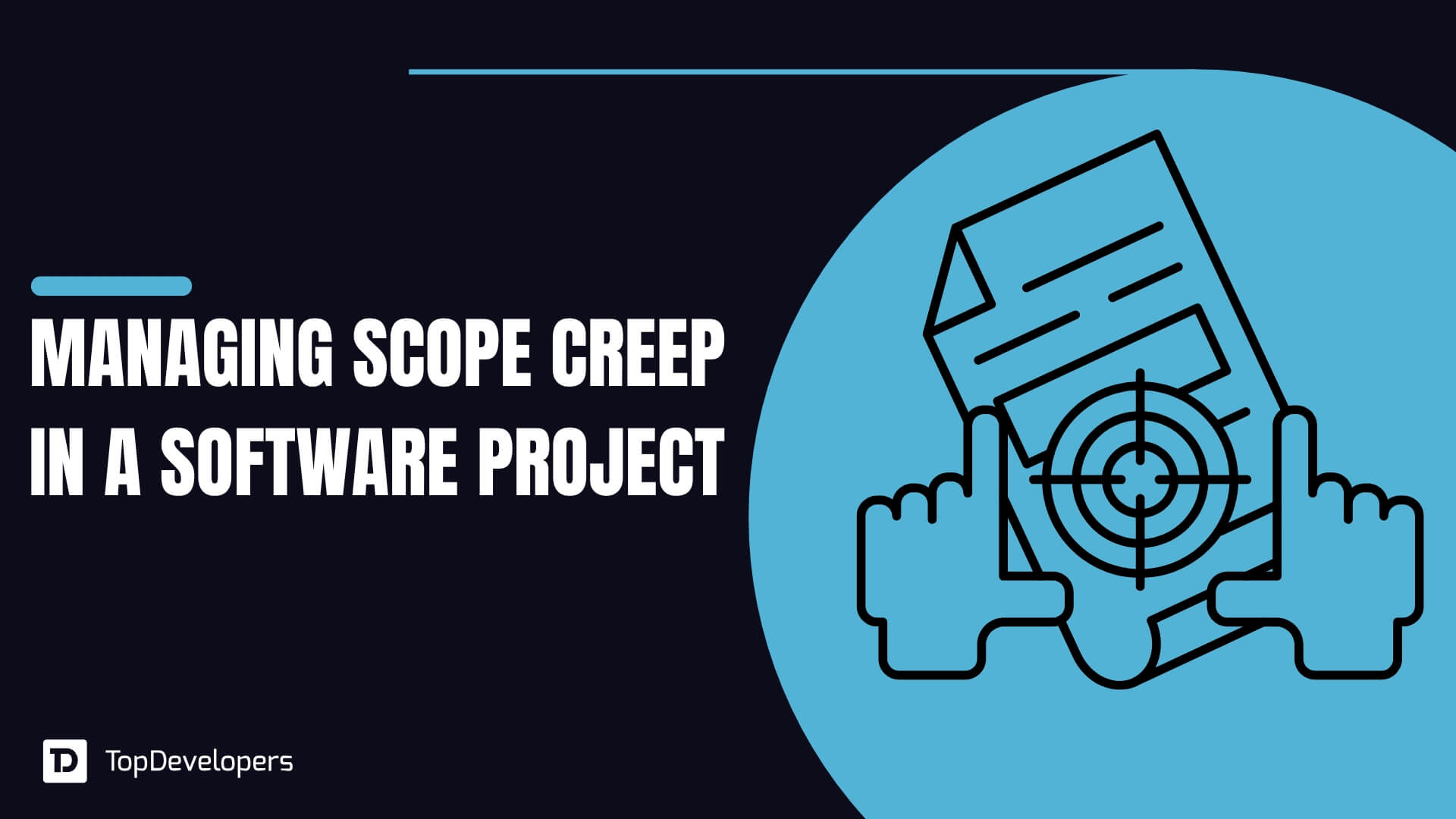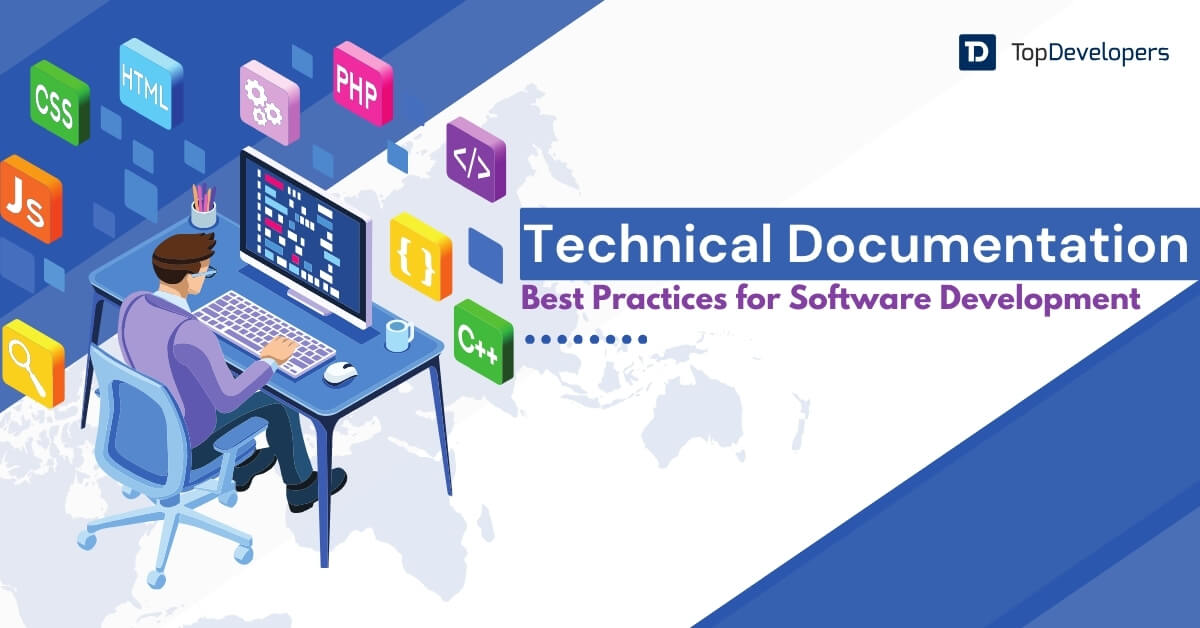
Software development is a complex process where clear documentation is essential. There are many types of documents in software development that not only define the project scope but also legally bind both parties with certain roles and responsibilities along with access, distribution, and disclosure of data or information. In all documents, NDA stands for Non-Disclosure Agreement (NDA), a vital process or documentation in software development.
The document serves as a legal safeguard to protect proprietary information when a buyer or client contacts a software development company and fixes the deal to build a software product for a business. NDAs ensure that essential information like trade secrets, business strategies, and technical approaches are not leaked out and remain confidential.
The importance of NDA increases manifold when companies outsource software development services to an offshore company. Because here, in this case, the client’s innovative ideas could be potentially misused or stolen. Hence, a number of software development agreements along with an NDA are executed to define the scope of confidentiality and the consequences of breaches. This legally binds the parties and promotes fair business deals.
In this guide, we will understand the types and essentials of NDA for software development.
Table of Contents
What is a Non-Disclosure Agreement (NDA)?
As stated by PennState University, a Non-Disclosure Agreement (NDA), also known as a proprietary information agreement, secrecy agreement, or confidentiality agreement, is a legal agreement wherein information is defined that parties wish to protect from dissemination and outlines restrictions on use.
NDA when applied to a technology industry i.e., IT industry, it means that a buyer and software development company they have hired are bound by an agreement that the information or data on the project will be confidential and will never be disclosed to a third party of any kind without permission.
What are the Different Types of NDA?
There are different Non-disclosure agreements depending on the project type and deal between two parties: the buyer and the software development company or service provider in concern. There could be one-way agreements, two-way agreements, or multifaceted agreements that include several clauses. For complex software development projects with multiple entities involved, multi-party NDAs are sought after.
Here are some of the popular types of NDA for software development:
One-Way NDA
One-way NDA, also known as unilateral NDA, is an agreement that protects the confidential information of one party – generally the company that discloses the information. Here, unilateral NDA could include source codes, documents of designs, and even patented or registered business ideas. The receiving party such as a contractor or software development partner, will agree to keep this agreement secret and commit not to use it for their own benefit. It is a one-way street that ensures that sensitive data remains secret.
Mutual NDA
Mutual NDA is also called bilateral NDA wherein opposite to the previous type, both parties are held together for commitment. Here, a two-way flow of confidential information is established and both the parties involved in the software development project will agree to keep each other’s information safe. Such agreements are common during collaborations or beta testing wherein a software development agency shares the product or software solution with testers who might have their own set of proprietary data. This helps entities build trust in each other.
Multi-Party NDA
Also known as multilateral NDA, the multi-party NDA as mentioned earlier extends the confidentiality and protections to more than two parties. This type of contract serves as a boon to complex software development projects that involve multiple companies or teams in various stages of production. Each entity will agree to safeguard secret information shared by all individuals. The multilateral NDA makes sure that all confidential information is protected throughout the software development life cycle.
What are the Roles of NDA for Software Development?
In the software development industry, a Non-Disclosure Agreement is crucial for protecting sensitive information of any kind. The role of NDAs is to legally bind parties to confidentialities and, therefore, ensure that trade secrets, business ideas, proprietary tactics, and client data are kept secure and safe.
NDAs are the best tools to build trust between entities and to allow open collaboration while keeping data and information away from theft and unauthorized disclosures. Here are their roles in detail:
To ensure security of all kinds
In software building projects, ensuring security includes strict control over access, regular audits, and enhanced encryption. Confidentiality agreements safeguard proprietary data and limit its disclosure. Trade secrets like algorithms are secured through legal and technical NDAs. Primarily, the focus is on three things:
- Proprietary information: Often called the backbone of a company, proprietary information includes valuable data exclusive to companies. It needs stringent measures to keep unauthorized dissemination at bay to preserve the company’s reputation.
- Trade secrets: From recipes to software codes, trade secrets should be protected not just by intrinsic values but also by their nature. Vigilant protection is essential and maintained to keep the company’s business ethics and values.
- Innovative ideas: Innovative ideas help companies not only survive tough markets but also succeed with triumph. Innovative ideas are like catalysts that advance the growth of the company and hence you need to protect it through strict NDAs for software development companies. Through patents and trademarking, such innovations are rewarded for their ingenuity.
To legally bind parties to confidentiality
A non-disclosure agreement is a legal document that ensures that all parties are lawfully bound to confidentiality. This is a legal weapon that protects sensitive information from being leaked to competitors, the public, or even third-party companies. Building a software solution involves software development models and in some cases, even these models are kept confidential and considered a trade secret. NDA promotes such an environment wherein proprietary ideas, tech stacks, and even those models are covered. Thus, developers at the software agency and clients communicate and work on projects without any fear of premature exposure.
To provide a legal framework
Providing a legal framework through a non-disclosure contract creates a clear boundary and expectations for everyone involved. It delineates the aim of what is labeled as confidential, the obligations of the entities, and the consequences of any violation of rules. The software development NDA brings clarity to mitigate risks and safeguard intellectual rights for properties within the software development ecosystem.
To facilitate open communication and collaboration
Collaboration and communication are two essential pillars to secure space for sharing ideas and innovations. Software development non-disclosure agreement covers this and makes sure that the contributions by anyone are not misappropriated and misguided. With an NDA contract, team members feel confident and synergistic because this openness can accelerate their creative processes leading to building the best digital product.
To serve as preemptive measures to avoid potential disputes and litigation
Implementing NDA means securing preemptive measures to bring down potential disputes and litigation that otherwise occur in most non-NDA cases. The document sets the boundaries for sharing information so that ambiguities are reduced and legal conflicts are kept at bay. Both parties are made aware of their roles responsibilities and limitations in dealing with crucial data. The misuse of proprietary data as well as costly court proceedings are avoided.
To serve as a prerequisite for negotiations and partnerships
Non-disclosure agreements often act as a prerequisite for dialogues to negotiate the terms and conditions of software development projects and partnerships. The NDA document establishes a primary framework for communication that signals a serious and professional approach to both parties. With an NDA in place, the partners engage in open discussions about intellectual properties and their rights.
What to do In the event of a NDA breach?
An NDA works as a shield for both parties in software development services by protecting confidential data, ideas, and information from unauthorized disclosure. In the event of a breach, the NDA will provide a clear legal action leading to recourse. The agreement will allow the aggrieved party to demand damages and enforce injunctions to further the use of disputed data.
NDAs also give power to both parties to recover the loss of all kinds and types due to breach or damage. Ideally, NDA means a deterrent against the misapplication of secure information to the public or any third-party company.
Build Secure Software Solutions
While outsourcing software solutions to inferior software companies brings more challenges in terms of safety, you can find the top software development agencies to stay worry-free about losing your project due to a breach of confidentiality. Reputed software development companies practice strict NDA and, therefore, outsourcing projects to them is not just safer but beneficial as well.
 Avantika Shergil
| Jul 19, 2024
Avantika Shergil
| Jul 19, 2024
Avantika Shergil is a technology enthusiast and thought leader with deep expertise in software development and web technologies. With over 8 years of experience analyzing and evaluating cutting-edge digital solutions, Avantika has a knack for demystifying complex tech trends. Her insights into modern programming frameworks, system architecture, and web innovation have empowered businesses to make informed decisions in the ever-evolving tech landscape. Avantika is passionate about bridging the gap between technology and business strategy, helping businesses build customized software and website, and understand about different tools to leverage effectively for their ventures. Explore her work for a unique perspective on the future of digital innovation.
